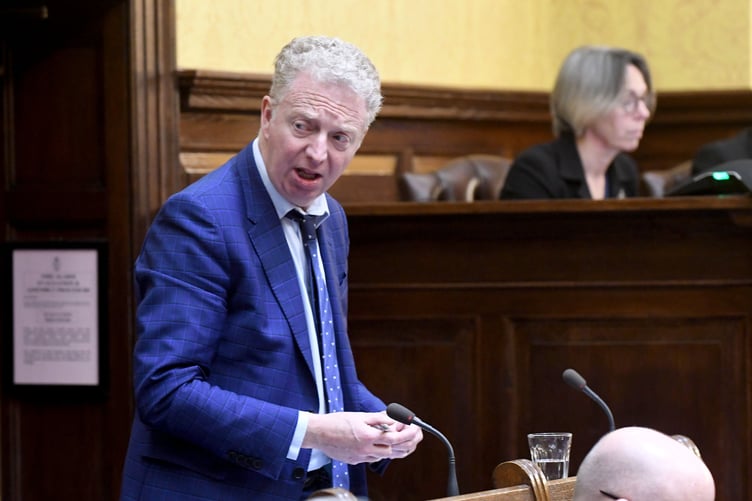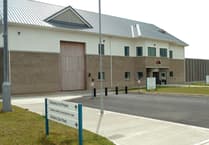Manx Care’s continuing financial woes are a ‘significant concern’ to Treasury.
The healthcare organisation is currently forecasting a £16.8m overspend this year - although hopes to reduce that by £11m.
It has gone over-budget again despite it receiving an extra £43.8m in the Budget - paid for in part by raising the higher rate of income tax rose from 20% to 22%.
A Treasury spokesperson said: ‘In this year’s Budget there was a significant investment in healthcare, with a 2% rise in the higher rate of income tax being ring-fenced to contribute towards the increase to Manx Care’s budget of £43.8m.
‘The Department of Health and Social Care, supported by the Treasury, has brought in specialist advice and independent analysis to support improvements to the scrutiny of Manx Care’s financial governance.
‘It is of significant concern that the organisation is already over budget by £2.4m after the first quarter of this financial year and a range of measures have already been implemented by Manx Care as part of its cost improvement programme.
‘It is crucial that all government departments achieve their budget targets and adhere to the medium-term financial plan set out in the February Budget — this provides for significant investments in front-line services, the implementation of the Childcare Strategy to increase access and affordability for pre-school provision, and a significant uplift to the support available for working families.
‘The Treasury has been providing enhanced financial reviews on department performance, expert financial support where needed and all departments are putting in place “back to balance plans”.’
Details of the overspend emerged at Manx Care’s latest board meeting this week.
Manx Care’s budget increased this year from £302,974,648 to £346,822,564. But spending for the year is currently forecast to be £363,640,000. In July it was forecasting an overspend of £18.6m.
Finance director Jackie Lawless told the board meeting: ‘The forecast position has improved by £1m so we are currently predicting a £16.8m deficit to the end of the year.
‘We anticipate that we can address the gap by approximately £11m which leaves us a remaining gap of about £6m to get back to balance.’
She said that the board was now looking at cost-saving measures that had previously been discounted, given the ‘severity of our position’.
The opportunity for further savings without significantly impacting service delivery are becoming more of a risk, she added.
‘This is our challenging year,’ said chairman Wendy Reid. ‘We are trying to turn a tanker here.’
The overspend is being attributed to higher reliance on specialist treatments and procedures being carried out in the UK, increased drugs costs, pay awards, more surgical activity and other operational pressures.




